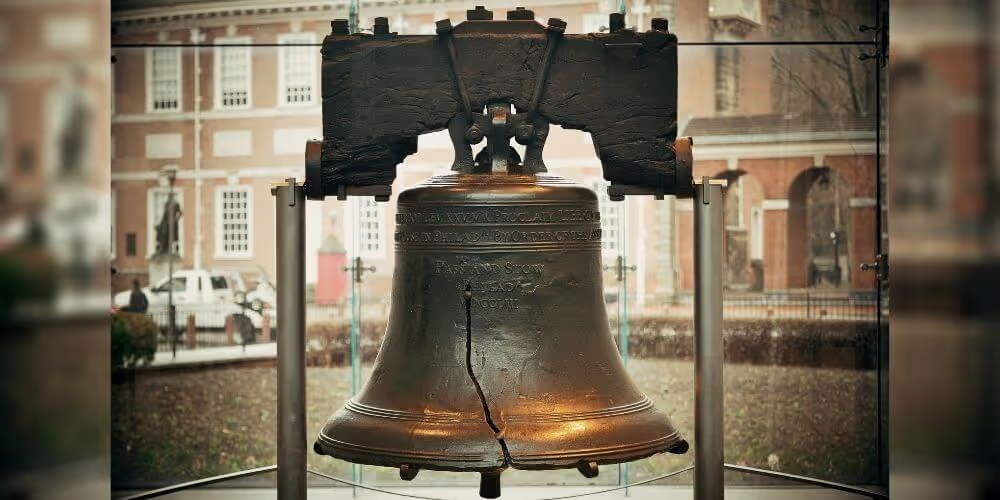Abortion Still Unrestrained in the Land of Kermit Gosnell’s Atrocities

Kermit Gosnell’s Atrocities: Abortionists are being protected by the Pennsylvania Department of Health, according to a brief filed on March 18, 2019, by the Thomas More Society, in its lawsuit filed against the Pennsylvania Department of Health in the Commonwealth Court of Pennsylvania.
The lawsuit, filed on behalf of Jean Crocco, an employee of the Pro-Life Action League, originated with Jean’s April 2018 request that the Department provide her with documentation regarding the medical licenses of several Pennsylvania abortion providers. Crocco’s request was made pursuant to the Pennsylvania Right to Know Law. The health department provided the information but redacted all names and license numbers of persons listed in the records before releasing them to Crocco. The reason given for this concealment was that unredacted disclosure of names and license numbers in the records would subject these abortion providers to risk of physical harm or invasion of personal security.
Thomas Olp, Vice President and Senior Counsel at the Thomas More Society, explained the key issue in Crocco v. Pennsylvania Department of Health et al. “The Pennsylvania Department of Health wants the court’s blessing on an unpublished and undeclared policy of blacking out names and license numbers of abortion clinic personnel from Right to Know Law public records requests."
The policy is aimed at specifically protecting the abortion industry at the expense of the public’s right to obtain relevant and important information about medical services providers. Information about the credentials and quality of medical service providers is readily accessible for any other medical sectors.
The idea that the abortion industry should be exempt from such disclosure is unacceptable from a public health point of view. The Pennsylvania Health Department’s case cites no proper grounds for disregarding the Right to Know Law’s requirement that such information be publicly accessible.
Pennsylvania Still Protecting Abortionists after Kermit Gosnell Conviction
Olp also noted that the health department should know better than to relax regulatory oversight of the abortion industry. It was that department’s poor supervision that allowed Kermit Gosnell’s atrocities to go undetected for years. Gosnell was convicted of murder for the heinous acts he performed on infants and women in his “house of horrors” abortion facility.
“In view of those atrocities, the Pennsylvania Department of Health should never again permit the abortion industry to hide from public scrutiny. Access to information that is standard in any other medical practice should not be off limits when abortion services are concerned,” declared Olp. “Any other position is irresponsible. Yet in this case the Pennsylvania Department of Health is allowing abortion providers to conceal the identities and license numbers of those who perform abortions. This is in brazen contradiction to the Right to Know Law’s requirement that such information be publicly accessible. It is bad policy to put the safety of Pennsylvania women and children at risk in order to allow the state’s abortion providers to operate in secret.”
Thomas More Society on the Pennsylvania Right to Know Law
The not-for-profit Thomas More Society, a national public interest law firm well known for its defense of the sanctity of human life, cites several reasons why the names of abortionists are not exempt from the provisions of the public’s right to know, including:
- The Pennsylvania Department of Health never lawfully adopted its policy before implementing it as an informal binding procedure.
- The physical harm exemption of the Right to Know Law requires proof of a “substantial” and “reasonably likely” risk of physical harm “to an individual.” None of these elements were shown to exist here.
- In almost all cases, those whose names have been redacted have willingly associated their identities with abortion practice in social media and websites. This action counters any “protection” offered via redaction.
- Read the Reply Brief of Jean Crocco, filed on her behalf in Crocco v. Pennsylvania Department of Health et al. with the Commonwealth Court of Pennsylvania on March 18, 2019, by the Thomas More Society, here.




